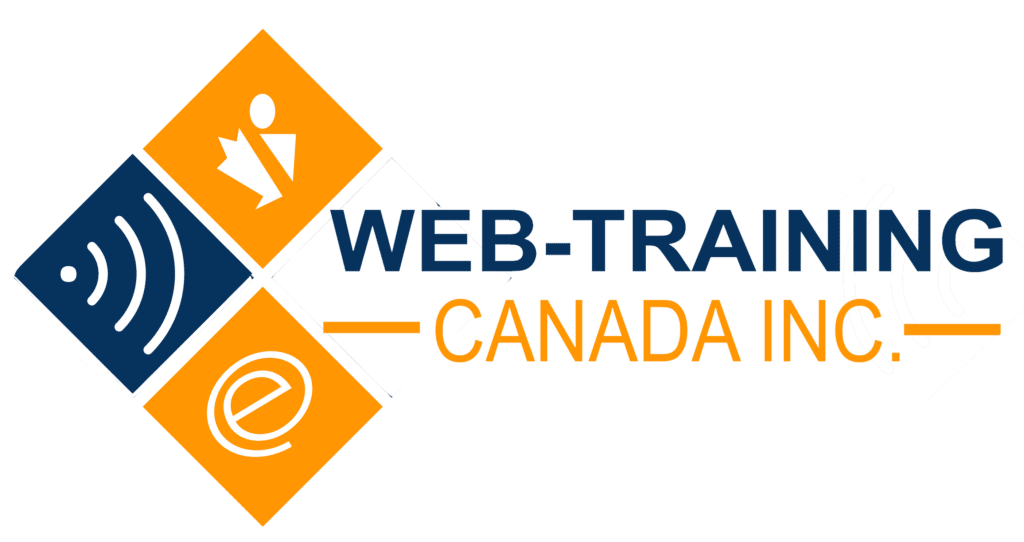6
modules
All
Skill Level
3 h
Duration
English/
FRENCH
Language
Overview
BIO-125 Shipping and Transportation of biological and infectious Materials and dry ice training is specifically designed for personnel who collect specimens and prepare shipments of biomedical substances (with or without dry ice) for transport by road AND air or by FedEx Express. It includes substances in class 6.2 (Cat. A and B as well as exempt specimens) and dry ice (UN1845 class 9). This training replaces our BIO-101 and BIO-105 training formerly sold separately.
Pricing
Individual
purchase
$92
Per person
Select this option if you are purchasing this course for yourself. You will have access to this immediately after your purchase.
Business purchase
1-4 participants
$92
Per person
5-9 participants
$89
Per person
10-19 participants
$87
Per person
20+ participants
$83
Per person
Select this option if you are purchasing this course for your organization or paying for someone else. The buyer becomes the leader of the group and registers the person(s) once the purchase is complete. A DIFFERENT email address for each participant is required.
Learning Path
This module will introduce the candidate to the general requirements of the TDGR; his/her responsibilities; the 8 steps to compliance as well as the training requirements.
Video + Quiz
After this module, the participant will be able to classify samples of infectious substances in the different categories (A, B, and exempt specimens) according to Transport Canada’s protocol and United Nations requirements.
Video + Quiz
This module will allow the participant to understand the specific packaging requirements for the different categories and be able to apply the appropriate safety marks in accordance with the TDGR requirements.
Video + Quiz
The participant will learn the transport procedures including the information required on a transport document (dangerous goods declaration), the placarding rules, the stowage; accidental release reports as well as particularities required under Quebec’s Road Safety Act.
Video + Quiz
This module will explain to the candidate the differences between ground and air shipments of biological substances. It explains the additional standards required by the IATA TDGR for packaging and package identification.
This module explains how to complete the IATA dangerous goods declaration and air waybill for air transport.
Video + Quiz
About the author
Bernard Parker is a regulatory specialist with over 25 years of experience in hazmat handling and shipping. His expertise includes Transportation of Dangerous Goods (TDG, IATA/ICAO, IMDG, 49CFR), Dangerous Products Regulations (WHMIS), Hazmat storage and fire prevention. He is an experienced and certified trainer in several different fields and a voting member of Transport Canada’s TDGR training committee. He is currently a training manager at the Dangerous Goods Training Center, an organization specializing in hazardous materials training. Courses are available in English and in French.
www.dangerous-goods.ca | 1-450-665-9893


